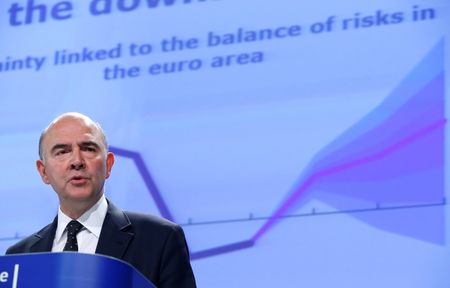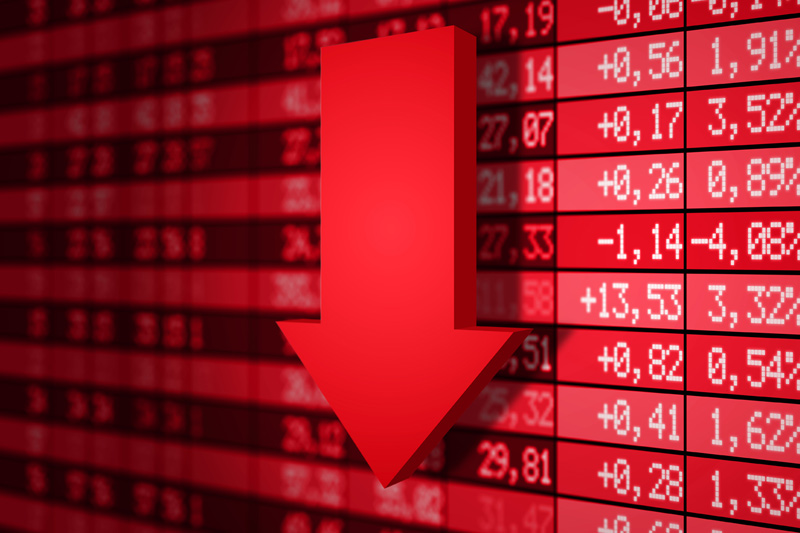By Robin Emmott
BRUSSELS (Reuters) - The fragile euro zone will need another year to reach even a modest level of economic growth, the European Commission said on Tuesday, revising down its forecasts and predicting more of the low inflation and high joblessness that plagues the bloc.
In its autumn estimates, the EU executive said the euro zone's economy would expand 0.8 percent this year, 1.1 percent next year and by 1.7 percent in 2016 - a level the Commission said six months ago would be achieved next year. The delay in the upturn was due to drag on the economy from France and Italy.
"There is no single and simple answer. The economic recovery is clearly struggling to gather momentum," the EU's economics commissioner, Pierre Moscovic, told a news conference.
The euro zone's faltering recovery from the financial crisis is becoming a wider concern as the currency bloc that generates a fifth of world economic output holds back a broader global revival led by the United States.
While the bloc's hangover from its banking and debt crisis is largely to blame for its fragility, tensions with Russia over Ukraine and the economic sanctions that the EU has imposed on Moscow have also damaged business confidence and exports.
"The slowdown in Europe has occurred as the legacy of the global financial and economic crisis lingers," said Marco Buti, the director general of the Commission's economics department.
"We see growth ... coming to a stop in Germany ... protracted stagnation in France and contraction in Italy," he said in a statement on the forecasts for 2014 to 2016.
The Commission data appears to avoid the relapse into recession that European Central Bank President Mario Draghi warned EU leaders of at a summit in Brussels last month, but despite a slowly improving trend, indicators remain dour.
'ACCELERATION IN INVESTMENT'
Inflation will be 0.5 percent this year, 0.8 percent in 2015 and 1.5 percent in 2016, still below the ECB's target of the 2-percent level it judges as healthy for the economy, while unemployment will barely budget at 10.8 percent in 2016.
The data is likely to support calls by economists and some investors for the ECB to embark on the kind of bond-buying programme of quantitative easing that Japan, Britain and the United States have employed to recover from the crisis.
But Draghi has told the euro zone it cannot just rely on the ECB, which is banned from directly financing governments, to help, and that countries such as France must reform to get more young people into work and help carry the burden of an ageing population.
Draghi said he wanted to see governments draw up a reform program by the next EU summit in December.
For now, euro zone leaders are putting their faith in a proposed 300 billion euro fund to invest in projects to get the economy going, while calling on Germany, Europe's biggest economy, to spend more.
The European Commission's new president, Jean-Claude Juncker, has promised to unveil the plan in December, but economists warn that the programme will not be enough.
"Investment is still considerably lower than the level it was at before the crisis," said Moscovici. "This is not specific to the most vulnerable countries ... An acceleration of investment is essential," he said.

But the Commission forecasts Germany will post a budget surplus this year, a balanced budget in 2015 and another surplus in 2016, showing little appetite for more government spending.
(Reporting by Robin Emmott; Editing by Alastair Macdonald)
